Mon-Sat 9am-7pm

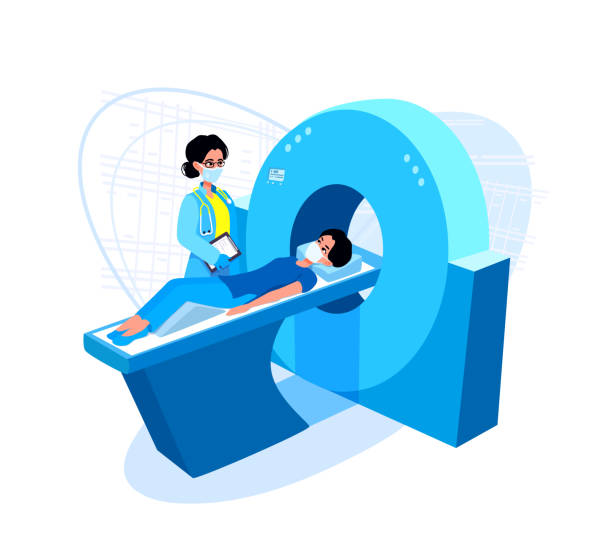


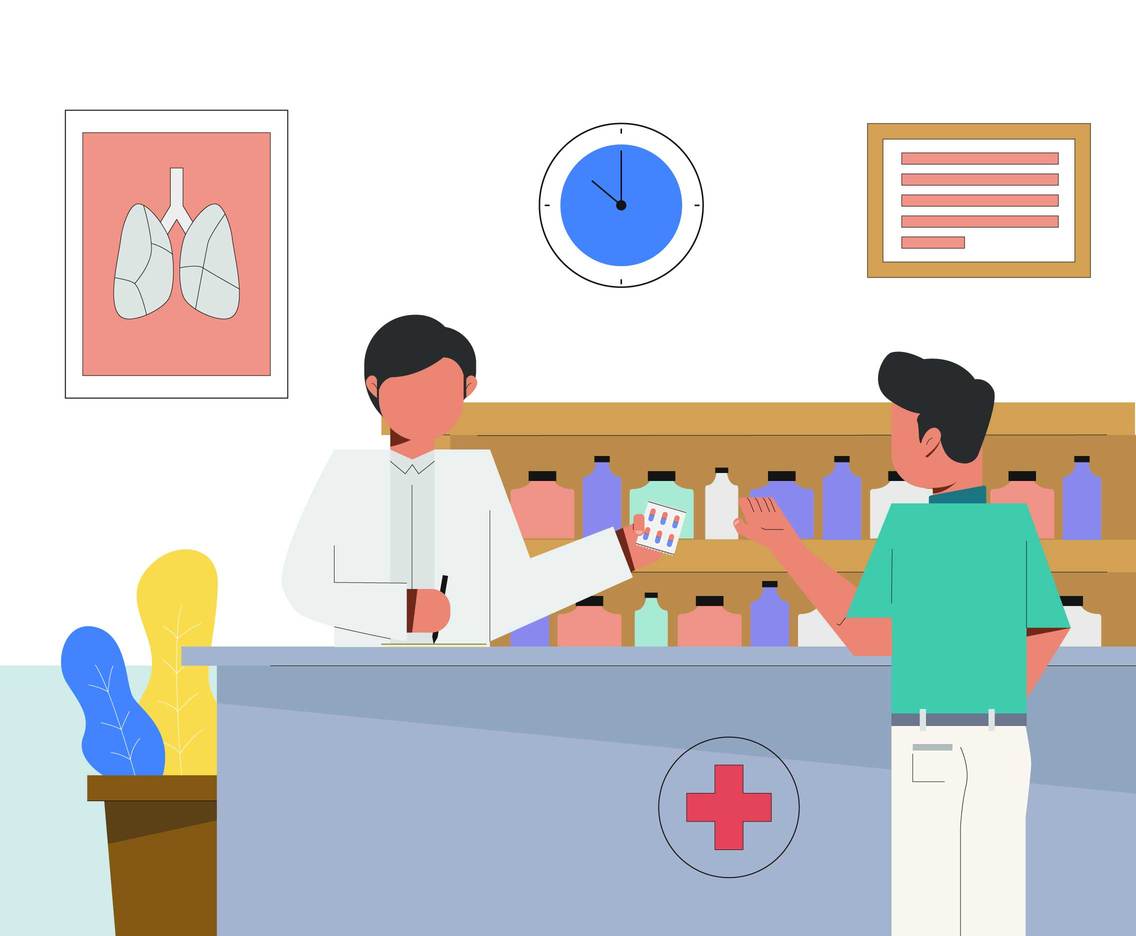
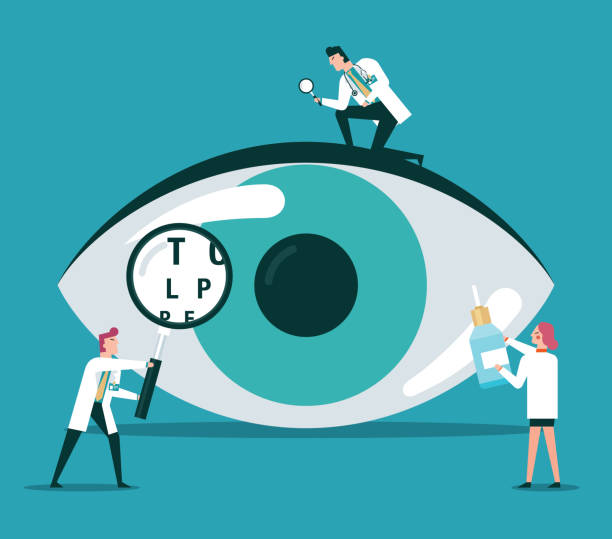
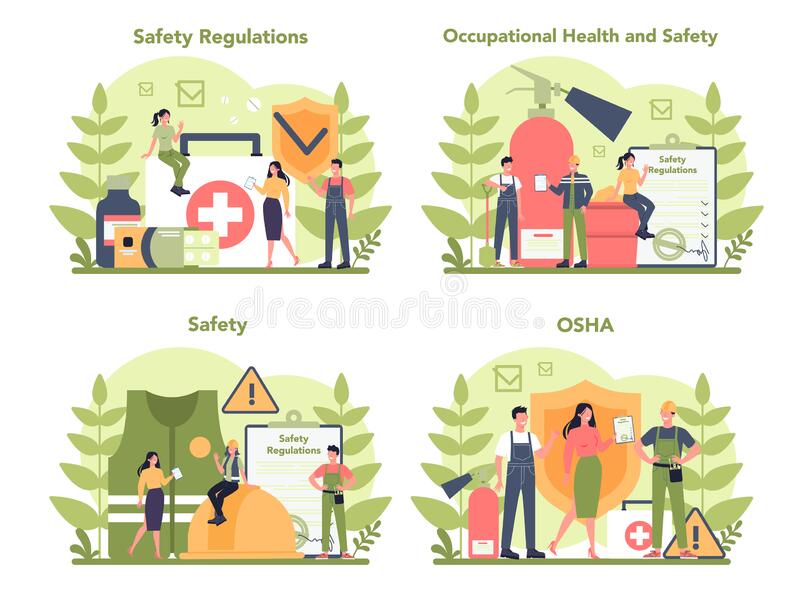


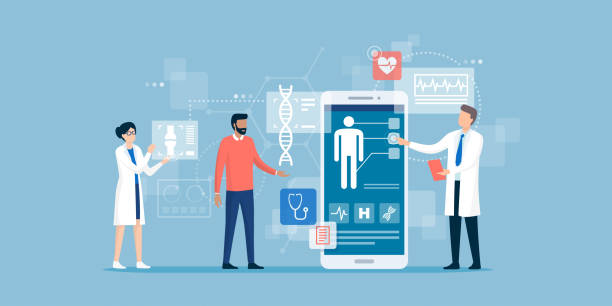
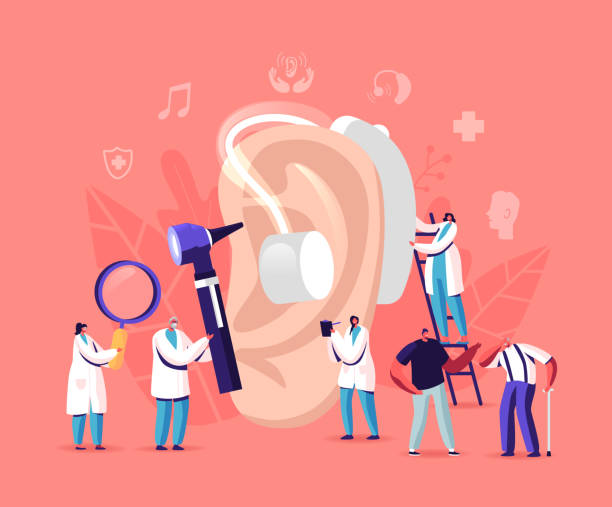
Radio technicians are a group of allied medicine professionals who are trained to use medical imaging techniques, such as x-rays, computed tomography (CT), magnetic resonance imaging (MRI), nuclear medicine, positron emission tomography (PET), and ultrasound for creating images of a patient’s internal anatomy to diagnose injury or disease. Imaging techniques involve the use of radiation, hence it is very important to have adequate training and understanding of radiation safety and protection.

1) Maintain programming logs, as required by station management and the Federal Communications Commission.
2) Control audio equipment to regulate the volume and sound quality during radio and television broadcasts.
3) Monitor strength, clarity, and reliability of incoming and outgoing signals, and adjust equipment as necessary to maintain quality broadcasts.
4) Regulate the fidelity, brightness, and contrast of video transmissions, using video console control panels.
5) Observe monitors and converse with station personnel to determine audio and video levels and to ascertain that programs are airing.
6) Preview scheduled programs to ensure that signals are functioning and programs are ready for transmission.
7) Select sources from which programming will be received, or through which programming will be transmitted.
8) Report equipment problems, and ensure that repairs are made; make emergency repairs to equipment when necessary and possible.
9) Record sound onto tape or film for radio or television, checking its quality and making adjustments where necessary.
10) Align antennae with receiving dishes to obtain the clearest signal for transmission of broadcasts from field locations.
|
Stream |
Graduation |
After Graduation |
After Post Graduation |
|
|
Path1 |
Clear Class XII with Science Stream with Biology |
Pursue B.Sc. Radiology for 3 years |
Pursue M.sc Radiotherapy / Radio-diagnosis for 2-3 years |
Pursue Ph.D. for 4-5 years |
|
Path2 |
Clear Class XII with Science Stream with Biology |
Pursue B.Sc. Radiology for 3 years |
Pursue Diploma/PG Diploma in Radiotherapy / Radio-diagnosis for 2 years |
- |
|
College |
Location |
Website |
|
All India Institute of Medical Science (AIIMS) |
Multiple Locations |
|
|
Rajiv Gandhi University of Health Sciences |
Bangalore |
|
|
University College of Medical Sciences and GTB Hospital |
New Delhi |
|
|
Postgraduate Institute of Medical Education & Research |
Chandigarh |
|
|
Jawaharlal Nehru Institute of Postgraduate Medical Education Research |
Pondicherry |
|
|
Armed Forces Medical College |
Pune |
|
|
Christian Medical College |
Vellore |
|
|
Maulana Azad Medical College |
New Delhi |
|
|
Grant Medical College |
Mumbai |
|
Institution |
Location |
Website |
|
Harvard Medical School |
Boston |
|
|
John Hopkins School of Medicine |
Baltimore |
|
|
Michigan Medical School |
Michigan |
|
|
Pritzker School of Medicine |
Chicago |
|
|
UNC School of Medicine |
North Carolina |
|
|
Perelman School of Medicine |
Pennsylvania |
|
|
David Geffen School of Medicine (UCLA) |
Los Angeles |
|
|
UW School of Medicine (St. Louis) |
Missouri, USA |
Many radio technicians have operated amateur radios or worked with hobby kits in their spare time, and others have worked in college radio or news broadcasting. Manual dexterity is important, and radio technicians must have a tolerance for sometimes inconsistent work hours and off-hours repair calls. It's beneficial to have a natural grasp of electronic systems and equipment, as well, though many radio technicians learn these concepts on the job.
Call us at +91 9205084085, Monday - Friday, 9 am - 7 pm


